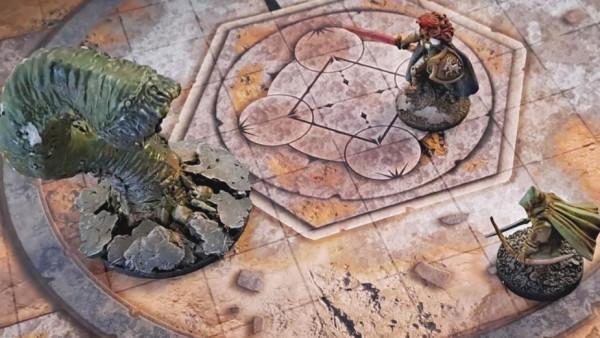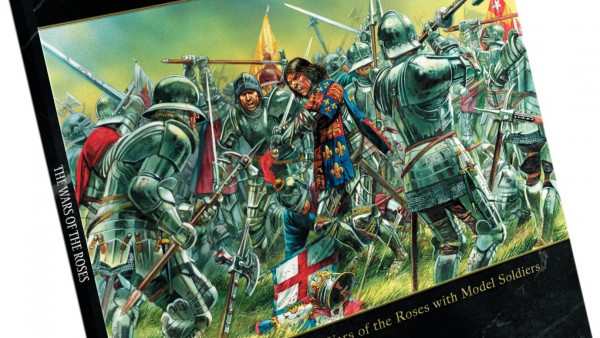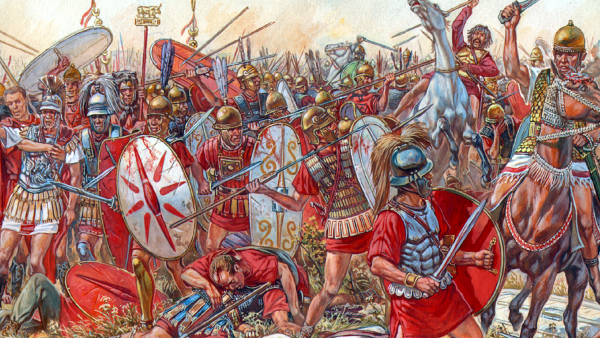Home › Forums › News, Rumours & General Discussion › Diplomacy
This topic contains 10 replies, has 6 voices, and was last updated by ![]() ced1106 2 years, 7 months ago.
ced1106 2 years, 7 months ago.
-
AuthorPosts
-
July 25, 2021 at 2:41 pm #1665430
For some reason this weekend I was drawn back to the halcyon days of the late 70’s when I and my friends spent countless hours playing D&D and Diplomacy. To think, we didn’t even need a drink to enjoy ourselves 🙁
Diplomacy at this moment entices/intrigues me more than D&D. I was just wondering if anyone else was interested in maybe starting up a game of Diplomacy? Could use Backstabbr and either Discord, video messaging/email etc.
Just an idea 🙂
July 25, 2021 at 5:06 pm #1665453Diplomacy ?
Isn’t that game banned by the Geneva convention because it tends to create enemies out of friends ? 😉July 25, 2021 at 6:10 pm #1665455Yes, it does have that reputation ?
Absolutely unique game, almost an RPG, my idea was to see if it was possible to win without lying or breaking my word.
July 25, 2021 at 6:29 pm #1665461Diplomacy is a beast. As the tag line often goes:
“Diplomacy! Destroying friendships since 1959!”
😛 😛
Seriously though, great game. Just takes forever, amd yeah, it can be a little cutthroat.
July 25, 2021 at 6:52 pm #1665463@athelstane I suspect that will depend on your allies, but unless you get really creative with the truth you will have to lie/betray eventually.
July 25, 2021 at 7:53 pm #1665465It just intrigued me as to how Justin and the other stalwarts of OTT might play the game. I mention Justin as in every ‘How To Play’ he seems to take delight in ‘backstabbing’. Or have I been unfair?
That was the challenge I was thinking about setting myself. I have to confess, the last time, about 6 years ago, I played Diplomacy I gave up as my conclusion was, ‘you can only win this by being a lying d*ck’. I don’t like lying and consciously being a d*ck. But looking at some videos by/about Andrew Goff, perhaps one of the world’s best players, it seems that being ‘nice’ is the best strategy.
July 25, 2021 at 8:41 pm #1665470I tried Diplomacy and it very much put me in mind of the now de-funct (and “hilariously-titled”) Japser Carrott gameshow “Golden Balls” (bear with me). The show was taken off TV once one of the contestants discovered how to “break” the format – in that they concluded that *how they behaved* had absolutely no consequence on whether they were successful or not, only what the other player did.
To those unfamiliar with this paricular highlight in UK TV programming, the basic premise in the final round was that two players had to decide whether to “split” the prize money or “steal” it. If one person said “steal” while the other said “split” the “stealer” got to keep the lot, the one willing to share got nothing. If both said “split” the prize money was shared. If both said “steal” they both went home with nothing.
In hindsight (and once the broken game mechanic was revealed) it was a pointless “game” – it didn’t matter which options the eventual winner of the money made, only that they got their opponent to act they way they wanted them to. Nobody who wanted to steal the pot could ever be talked into splitting it (since if they genuinely believed the other person wanted to split, why not take the whole lot for yourself? But by agreeing to split, you’d end up with nothing if they did, indeed steal).
In short, one clever little sausage discovered that convincing the other player that they should split was not the aim – the idea was to convince them that, no matter what, you were going to steal the pot. Players would then “bargain” to “settle the debt” outside of the game environment (with the eventual “stealer” giving half the prize money outside of the game format, thus ensuring nobody would lose).
I felt, playing Diplomacy, like one of Jasper Carrott’s puppets (in early editions of the game, the “discussion” between players at the end of the game was a little forced, and a bit pointless). Eventually, I concluded that what I did bared little difference on my success (or failure) – it was more that rather than trying to convince others to change their behaviour, making it clear that you were determined to go ahead with your plan, irrespective of outcome or penalty, was a more successful tactic.
As a result, I found playing the game “like a dick” was the only way to play. And if you didn’t, you had to allow someone else to “play like a dick” else the whole thing felt a bit flat and pointless. And like @athelstane I didn’t particularly enjoy either.
Don’t get me wrong, I love social interaction games (hey, who doesn’t love a game of poker amongst friends?). I just felt that once you conclude that at least one person “being a dick” is the only way the game progresses, it feels like the game itself is a bit broken. Maybe I just played it with the wrong people? Or maybe, like GoldenBalls, once the trick to winning is revealed, it stops being such a “great game” after all?
July 25, 2021 at 8:44 pm #1665471July 25, 2021 at 9:26 pm #1665477The difference I see by playing within a group of OTTers would be that there is ‘more’ to lose by overt and crass back-stabbing. An anonymous online Diplomacy player cares not a jot about lying to me. But an OTTer? Also, we’re not entirely anonymous, we’ve kind of got to know each other over the years. Some better than others.
If @limburger was Germany and said that he wouldn’t invade the Low Countries then I would believe him. Likewise @oriskany. I couldn’t see him agreeing that he had no further territorial demands in (central) Europe and then breaking that agreement.
To my way of thinking, linking the perceived online personality to how I think he might play adds an extra twist.
July 25, 2021 at 11:09 pm #1665494@blinky465 that kind of sounds like the ‘prisoners’ dilemma’
https://en.wikipedia.org/wiki/Prisoner%27s_dilemma
//
@athelstane
I must admit that I don’t like lying (or traitor mechanics that encourage it) .However … I do know that I can be a real son of a b*-word if I ever let the competitive persona inside me take control.
It’s one of the reasons I prefer to avoid competitive games, because I’d be tempted to rules lawyer the f*ck out of any situation in order to get an advantage (and if that doesn’t work … plenty of things one could do to literally disable an opponent … ).
So yeah … I know what potential for not quite moral behaviour I do have so I prefer to avoid situations that require me to go to the dark side of me.
(I know that makes me sound like a sociopath … so *eh* … yeah )July 26, 2021 at 12:37 am #1665501> Maybe I just played it with the wrong people?
Occasionally, you’ll find a game subject to what I call “groupthink”. You find the same strategy works every time for a particular way a group plays. Then some players from another group show up for a game, and the way they play throws off the strategy entirely, even though these players don’t win the game.
Socially, Advanced Civilization might be an example. In trading, you trade two face-down commodity cards, and some of these cards have negative effects. In one game, one of the players would only trade face-up (or was that one card face up), and this quickly caught on with *some* of the other players. The last player to not trade this way eventually agreed to it. This changed the game to be less antagonistic and more coop.
Dominion is another “groupthink” game (though in a different way), in which players might fall into common play styles, overlooking and sometimes dismissing (ie. never playing because it’s a “bad” card) one or more cards from the card pool. It’s not until outside players include these cards that the group is introduced to a strategy (not necessarily a better one) that’s new to *them*.
-
AuthorPosts
You must be logged in to reply to this topic.





























![How To Paint Moonstone’s Nanny | Goblin King Games [7 Days Early Access]](https://images.beastsofwar.com/2024/12/3CU-Gobin-King-Games-Moonstone-Shades-Nanny-coverimage-225-127.jpg)









































